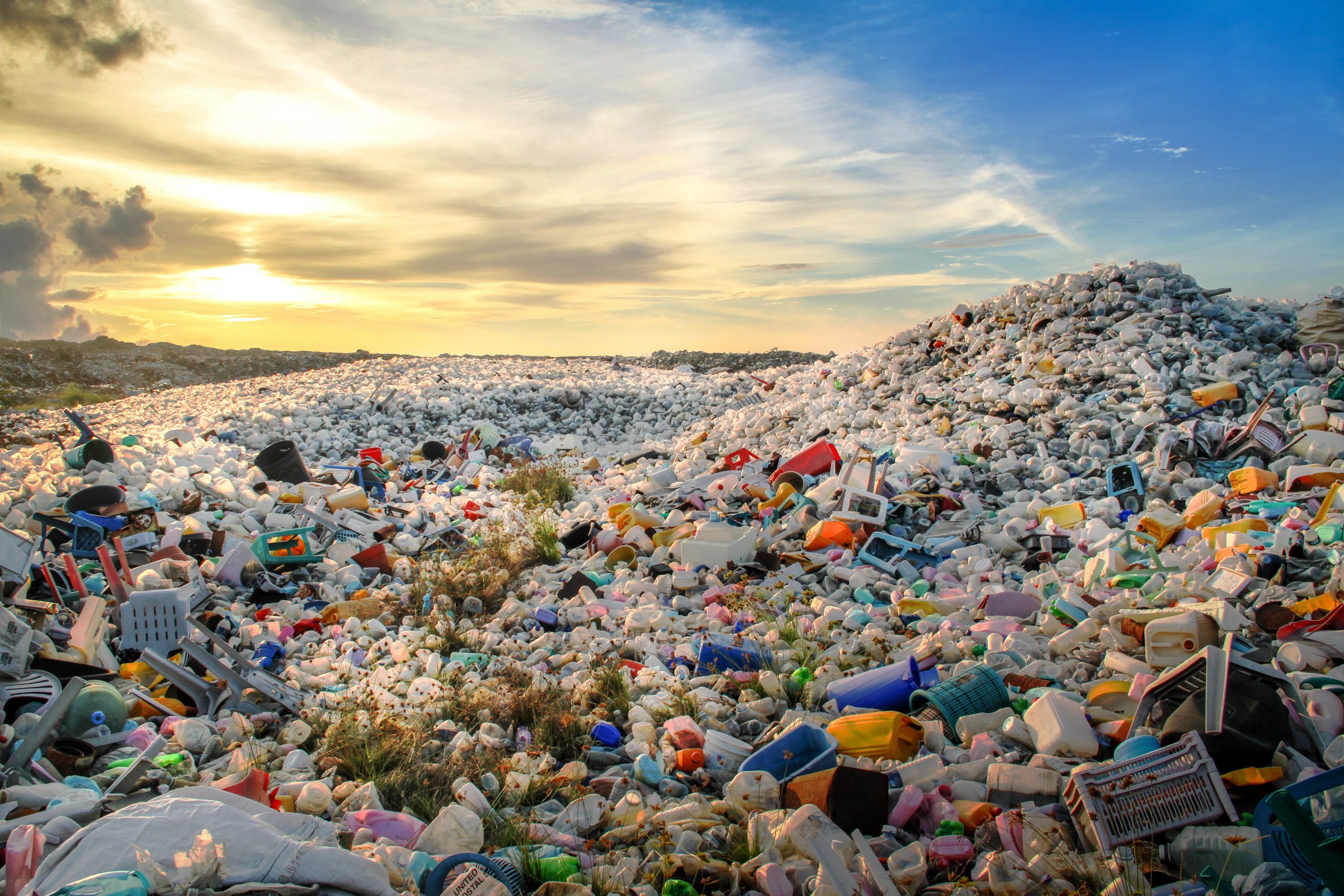This article from Greenbiz shares interesting perspectives. It’s called What separates companies that succeed at becoming more sustainable from those that fail?
In it, CB Bhattacharya shares:
Companies that want to achieve goals such as reducing their carbon footprint or waste tend to do better when they make sustainability an integral part of their core purpose and communicate this commitment to the entire staff. That’s clear from a recent analysis I conducted of environmental, social and governance performance data on over 3,000 companies during a 10-year period. I found that companies that said they have an “overarching vision” that combines financial goals with social and environmental ones tended to perform better on a measure of their impact on the environment. They also tended to perform better financially as well.
Why? Because workers like a corporate purpose that trumps profit. Research has shown articulating a purpose beyond profit resonates with a company’s workforce.
There’s more nuggets of wisdom to be unpacked here. Take a look at the rest of the article to learn more…










